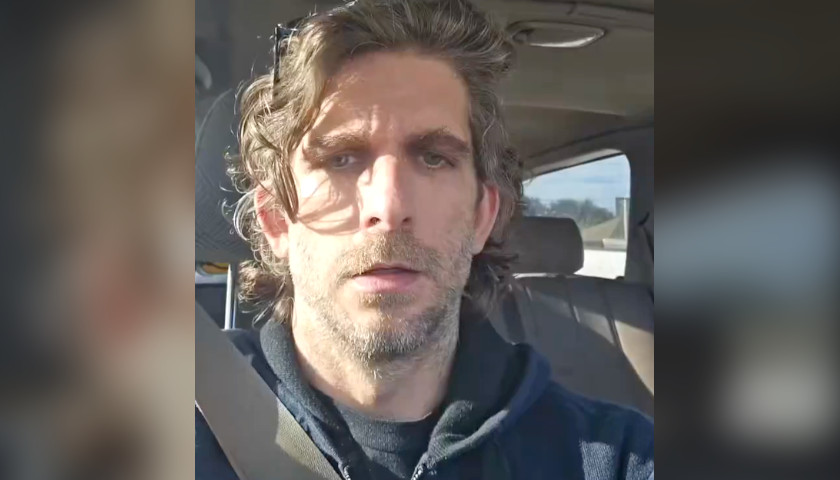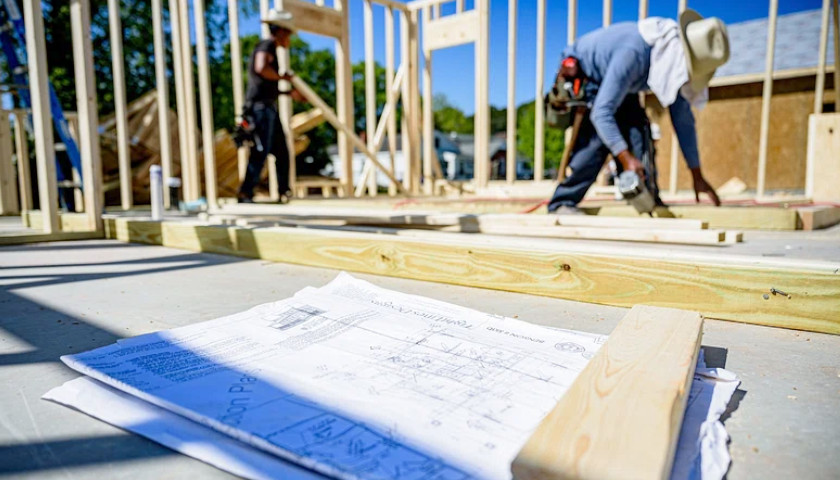A bipartisan group of Ohio lawmakers introduced a bill that would legalize adult-use cannabis in Ohio.
House Bill (HB) 168 known as the “Ohio Adult Use Act” sponsored by State Representatives Jamie Callender (R-Concord) (pictured above, right) and Casey Weinstein (D-Hudson) (pictured above, left) would permit Ohio residents over the age of 21 to grow, buy, and possess cannabis, as well as allow the expungement of conviction records for prior crimes involving cultivation and possession.
The legislation continues the work that began with HB 498 and HB 382 to legalize cannabis use during the 134th Ohio General Assembly, where both bills were assigned to the house finance committee but never received a vote.
The proposed law would impose a 10 percent sales tax on cannabis goods for adult use. The state general revenue fund, towns that host dispensaries, the fight against drug trafficking and chemical dependency, and K–12 education would all receive a portion of the tax money.
According to Weinstein, legalizing adult-use cannabis in Ohio is “the right thing to do.”
“It’s time for Ohio to act on this before we fall too much further behind our neighbors, Adult use is good for our economy, good for our justice system, and the right thing to do. Ohioans are ready to legalize cannabis, and I am proud to offer this bipartisan bill to get it done,” Weinstein said.
The bill would also expand Ohio’s Medical Marijuana Control Program to include rules governing the production, sale, and adult use of cannabis products. It would be placed within the Department of Commerce and renamed the Division of Marijuana Control to reflect its role in managing both the adult-use and medical marijuana programs.
Callender said that by expanding Ohio’s medical marijuana program to all Ohioans the state can advance in the development of its cannabis industry.
“Through the expansion of Ohio’s successful Medical Marijuana program to all Ohioans, we will not only be building upon best practices from around the country but utilizing the lessons learned here in Ohio. With the nation increasingly heading towards the de-scheduling of cannabis products at the federal level, Ohio has an opportunity to get ahead of the curve in developing its cannabis industry,” he said.
According to the Drug Enforcement Administration (DEA), marijuana is a mind-altering (psychoactive) drug, produced by the Cannabis sativa plant.
According to The Recovery Center, a study released in October 2012 found that individuals treated for addiction to marijuana had a higher mortality rate than those with diagnoses related to cocaine or alcohol but lower than those with methamphetamine or opioid-related disorders.
The Substance Abuse and Mental Health Services Administration (SAMHSA) states that studies link marijuana use to depression, anxiety, suicide planning, and psychotic episodes. It remains unknown, however, if marijuana use is the cause of these conditions.
The Republican Study Committee (RSC), a 156-member GOP House Caucus, unveiled the Family Policy Agenda in September of last year, which includes a “danger of drugs” section entirely about cannabis legalization and how it leads to violent crime and suicide.
“Congress should not legalize marijuana, while also taking steps to constrain this new industry’s ability to harm children. At the very least, Congress should direct the CDC to gather data and conduct studies on the health impacts of THC use during childhood and early adolescence with a special focus on deaths by suicide and those involved in violent crime to provide Congress and the public with further information about these dangers,” the Family Policy Agenda reads.
In 2015, Ohio voters defeated an initiated constitutional amendment that would have legalized the limited sale and use of marijuana and created 10 facilities with exclusive commercial rights to grow marijuana. The vote margin was 63.65 percent to 36.35 percent. ResponsibleOhio PAC sponsored the initiative.
The conservative Center for Christian Virtue says it will fight efforts to legalize cannabis in Ohio. Its leader, Aaron Baer, said the group opposed the failed 2015 attempt to legalize pot and will fight again.
“The marijuana industry is not going to be able to fool another state, is not going to be able to fool Ohioans with their lies and their empty promises of what marijuana will do for our state. The tax revenue is not true. The harmless effect of it is not true. The reality, it brings devastation,” Baer said.
Governor Mike DeWine has already said that he will veto a measure to legalize marijuana, even if lawmakers do decide to pursue it this session.
Given the problems caused by other substances, such as driving under the influence, “I think it’s ridiculous to add an additional problem,” the governor said.
In November, five Ohio cities approved local marijuana decriminalization ballot initiatives during the midterm election.
Marijuana and THC remain illegal at the federal level, even though many states have legalized their use.
The legislation is under review by the house finance committee.
– – –
Hannah Poling is a lead reporter at The Ohio Star and The Star News Network. Follow Hannah on Twitter @HannahPoling1. Email tips to [email protected]
Photo “Jamie Callender” by The Ohio House of Representatives. Photo “Casey Weinstein” by The Ohio House of Representatives. Background Photo “Marijuana” Richard T.





